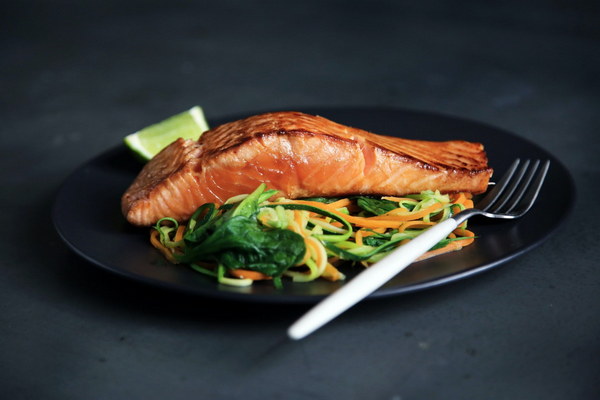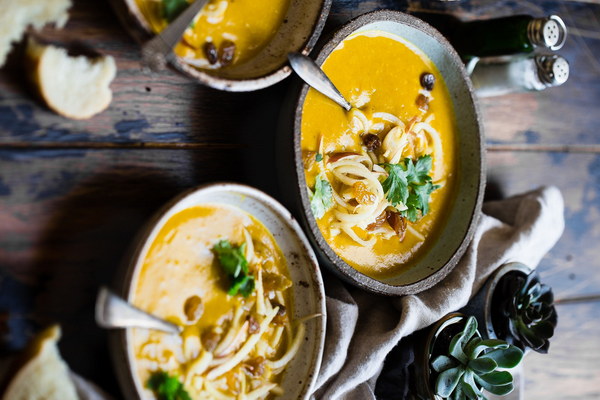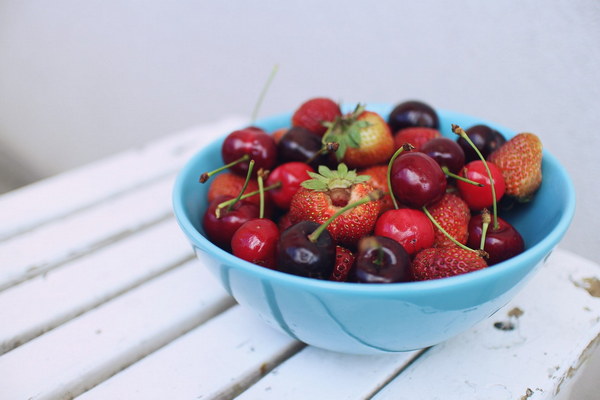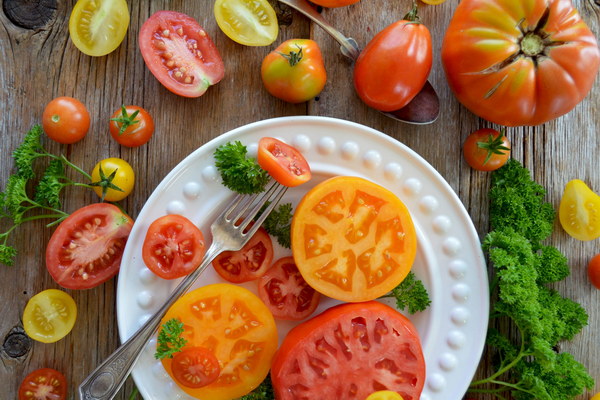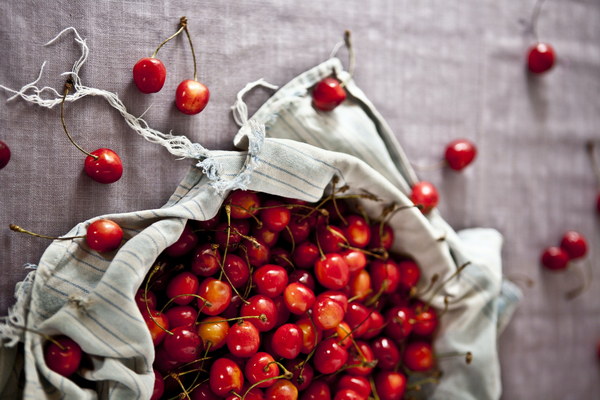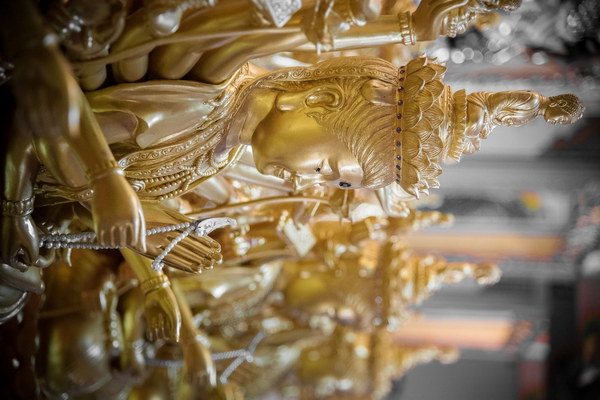Nourishing Qi and Blood Dietary Remedies for Yin Deficiency and Cold
Yin deficiency and cold are common conditions that can leave a person feeling weak and run down. In traditional Chinese medicine (TCM), it is believed that these conditions are often due to an imbalance in the body's Yin and Yang energies. To help restore balance and boost one's health, it is essential to consume the right types of foods. Here, we delve into the best dietary remedies for yin deficiency and cold, focusing on foods that can help nourish Qi and blood.
1. Nourishing Foods for Yin Deficiency
Yin deficiency can be characterized by symptoms such as night sweats, dry mouth, and irritability. To address this condition, it is important to consume foods that are known to nourish Yin energy. Here are some excellent choices:
a. Goji Berries: These vibrant red berries are a staple in TCM and are renowned for their ability to nourish Yin and enhance immune function. They can be consumed raw, added to smoothies, or brewed into a tea.
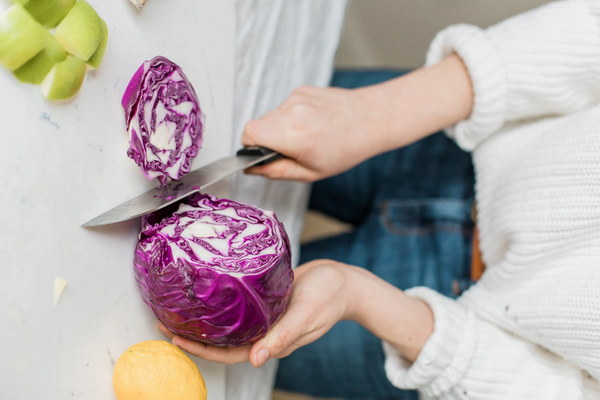
b. Pearl Barley: Rich in nutrients, pearl barley is known to nourish Yin and support the spleen and stomach. It can be cooked as a grain or added to soups and stews.
c. Pork: Pork, particularly the tenderloin and liver, is a good source of Yin-nourishing amino acids and can help to replenish Yin energy. It is best to consume pork in moderation and to choose lean cuts.
d. Fish: Fish, especially those with a sweet and slippery taste, such as mackerel, eel, and flounder, are excellent for nourishing Yin. They can be prepared in a variety of ways, including steamed, baked, or grilled.
e. Vegetables: Vegetables such as lotus root, mung bean sprouts, and winter melon are known to nourish Yin and can be incorporated into a variety of dishes, from soups to stir-fries.
2. Foods that Support Blood Health
In TCM, cold symptoms are often linked to poor blood circulation, which can lead to chills and weakness. To improve blood flow and support overall health, it is essential to consume foods that help to boost blood health. Here are some key foods to include in your diet:
a. Dates: Known for their blood-nourishing properties, dates can be consumed raw, dried, or added to recipes such as porridge or smoothies.
b. Red Dates: Similar to dates, red dates are a good source of iron and vitamin C, which can help to support blood health. They can be eaten fresh, dried, or brewed into a tea.
c. Beef: Beef, particularly the tenderloin and liver, is rich in heme iron, which is easily absorbed by the body. It also contains vitamin B12, which is essential for red blood cell production.
d. Legumes: Legumes, such as lentils, chickpeas, and kidney beans, are excellent sources of non-heme iron, which can help to improve blood oxygenation. They can be added to soups, stews, or salads.
e. Nuts and Seeds: Nuts and seeds, such as almonds, walnuts, and sesame seeds, are rich in essential fatty acids, minerals, and antioxidants that support blood health. They can be enjoyed as a snack, added to meals, or sprinkled on top of dishes.
By incorporating these nourishing foods into your diet, you can help address the symptoms of yin deficiency and cold. It is important to note that individual dietary needs may vary, so it is always best to consult with a healthcare professional or a TCM practitioner to create a personalized plan. Additionally, maintaining a balanced lifestyle, including regular exercise, adequate sleep, and stress management, can further enhance the benefits of these dietary remedies.

